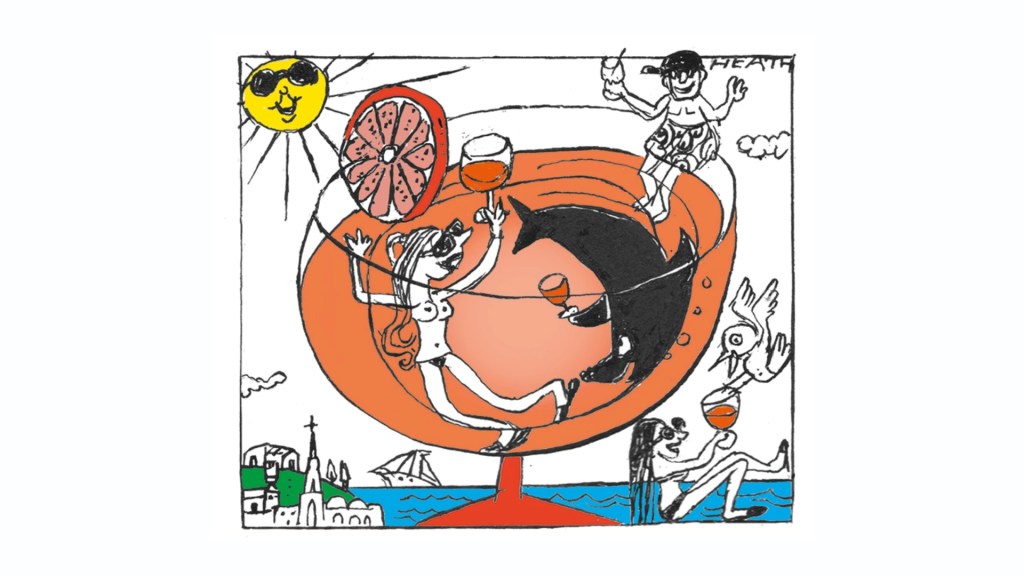Earlier this year, I visited the Museum of Jurassic Technology in Los Angeles. This cherished museum appears at first to be a collection of bizarre arcana: botanical specimens, miniature dioramas, tributes to forgotten polymaths. Closer inspection reveals it to be something altogether stranger, at the junction of fact and fiction. Witty and highly individual, it invites us to sit with the wonder, to contemplate what we have seen. Phones are strictly banned.
Lesser Ruins, the consummate third novel by the Minneapolis-based Mark Haber, feels like a literary analogue – taking us as it does down rabbit holes, a twisting tour of an overloaded mind. Its unnamed narrator is a former community college professor (retired or fired – there are different versions). After the death of his beloved wife from frontotemporal dementia, he now has the freedom – or does he? – to resume a long-gestating project: a book-length essay on Michel de Montaigne, which he believes will be his ‘escape from mediocrity’. All he needs is ‘vast swathes of unbroken time’, the conditions necessary for what he calls slow thinking (Haber’s italics).
But this is the contemporary world we’re talking about, where ‘even the interruptions have interruptions’. In serpentine sentences like rivers of thought, Haber relates how our narrator’s efforts are thwarted: by the chirps of his smartphone (‘every chirp another attack against sanity and solitude’); by his son’s voicemail sermons on house music; by unbidden stabs of grief; by flashes of his wife’s sad deterioration. He is also prone to mental wanderings on such subjects as art, the Holocaust, 1970s nudism, the Bavarian Alps (are they growing or shrinking?) and, conspicuously, coffee (preparation, rituals, Balzac’s dependence on, Rimbaud’s commercial interest in). When he is selected for a prestigious residency at the Zybecksz Archives at the Horner Institute, a playfully fictional organisation in the Berkshires, Massachusetts, he thinks he has seclusion at last. Unfortunately, convoluted reading room rules limit his consultation of Montaigne’s papers to 30-minute increments.
As our narrator plunges deeper into his studies, Haber’s impishness becomes apparent. Alongside the (true) details of Montaigne’s kidney stones, we are confronted with unfamiliar findings. Was Montaigne really preoccupied by his vain manservant, Jean Brismontier, obsessed with wigs a century before they were fashionable? What of his association with Alexei Voznesensky, the fugitive Russian poet and duellist extraordinaire?
These are not mere pranks: in this funny, compendious and deeply humane novel of distraction, Haber – like the Museum of Jurassic Technology – challenges us not to look things up.






Comments